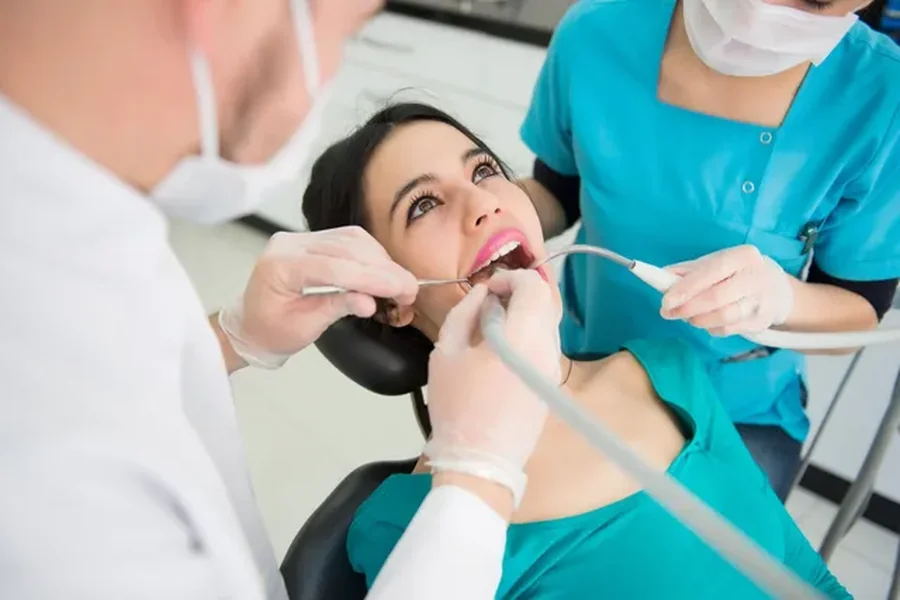
When a dental emergency strikes, knowing what to do instantly can ease pain and prevent further damage. Whether it’s a knocked-out tooth or sudden severe pain, you need to act fast. Without immediate action, you could face long-term issues. Here’s where you start. First, stay calm and assess the situation. Is there visible damage or excessive bleeding? If yes, seek help immediately. Finding a trustworthy professional is crucial. A Dentist in Schaumburg, Illinois can provide expert care. If a tooth is knocked out, carefully hold it by the crown, rinse gently, and try placing it back. If that’s not possible, store it in milk until you reach a dentist. For severe swelling or pain, applying a cold compress can help. Remember, time is critical. Acting quickly can make a huge difference in recovery. Always know your nearest dental services, so you’re prepared when emergencies hit.
Types of Dental Emergencies
Dental emergencies vary in type and severity. Understanding these can help you handle them better. Here are common types:
- Knocked-out tooth: Immediate action is essential to save the tooth.
- Cracked or chipped tooth: Collect any broken pieces and rinse your mouth.
- Severe toothache: A sign of underlying issues. Avoid using aspirin directly on gums.
- Lost filling or crown: A temporary fix can protect the tooth until you reach a dentist.
Quick Action Steps
In a dental emergency, swift action is vital. Here’s what you can do:
- Control bleeding: Use clean gauze to apply pressure.
- Reduce swelling: Apply a cold compress to the outside of your mouth.
- Avoid eating: Refrain from eating hard or sharp foods.
- Limit movement: Avoid moving the affected tooth or area.
When to Seek Professional Help
Always contact a dentist if you experience severe pain or bleeding. Here’s when to reach out for help:
- Pain persists over 24 hours
- Bleeding doesn’t stop after 10 minutes of pressure
- Difficulty breathing or swallowing
Comparison of Common Dental Emergencies
| Emergency Type | Initial Action | When to Seek Help |
| Knocked-out tooth | Rinse and place in milk | Immediately |
| Cracked tooth | Rinse mouth, cover with gauze | If pain persists |
| Severe toothache | Rinse with warm water | Within 24 hours |
| Lost filling | Use temporary filling material | As soon as possible |
Prevent Future Emergencies
Prevention is always better than cure. Regular dental check-ups and good oral hygiene can prevent many emergencies. Here are some tips:
- Wear mouthguards during sports
- Avoid chewing hard objects
- Maintain regular dental visits
The Centers for Disease Control and Prevention offers tips on maintaining oral health to prevent emergencies.
Conclusion
Being prepared for dental emergencies can save you from pain and long-term damage. Quick action, knowing when to seek help, and preventive measures are key. Always have a dentist’s contact accessible, and visit regularly to maintain your dental health. This readiness will give you peace of mind and keep your smile healthy.
